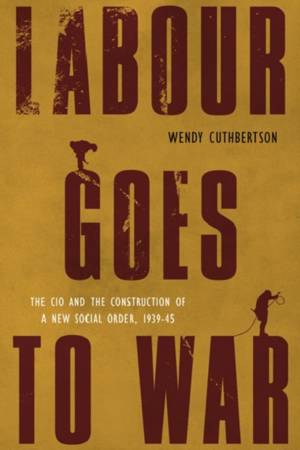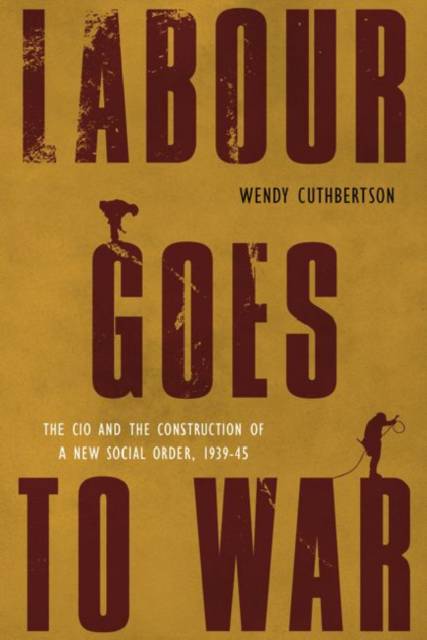
Nos liseuses Vivlio rencontrent actuellement des problèmes de synchronisation. Nous faisons tout notre possible pour résoudre ce problème le plus rapidement possible. Toutes nos excuses pour la gêne occasionnée !
- Retrait gratuit dans votre magasin Club
- 7.000.000 titres dans notre catalogue
- Payer en toute sécurité
- Toujours un magasin près de chez vous
Nos liseuses Vivlio rencontrent actuellement des problèmes de synchronisation. Nous faisons tout notre possible pour résoudre ce problème le plus rapidement possible. Toutes nos excuses pour la gêne occasionnée !
- Retrait gratuit dans votre magasin Club
- 7.000.0000 titres dans notre catalogue
- Payer en toute sécurité
- Toujours un magasin près de chez vous
39,45 €
+ 78 points
Format
Description
During the Second World War, the Congress of Industrial Organizations in Canada grew from a handful of members to more than a quarter-million. What was it about the "good war" that brought about this phenomenal growth? Labour Goes to War argues that both economic and cultural forces were at work. Labour shortages gave workers greater economic power in the workplace. But cultural factors - workers' patriotism, ties to those on active service, and allegiance to the "people's war" - also fueled the CIO's growth. The complex, often contradictory, motives of workers during this period left the Canadian labour movement with an ambivalent progressive/conservative legacy.
Spécifications
Parties prenantes
- Auteur(s) :
- Editeur:
Contenu
- Nombre de pages :
- 240
- Langue:
- Anglais
- Collection :
Caractéristiques
- EAN:
- 9780774823432
- Date de parution :
- 01-01-13
- Format:
- Livre broché
- Format numérique:
- Trade paperback (VS)
- Dimensions :
- 152 mm x 226 mm
- Poids :
- 521 g







